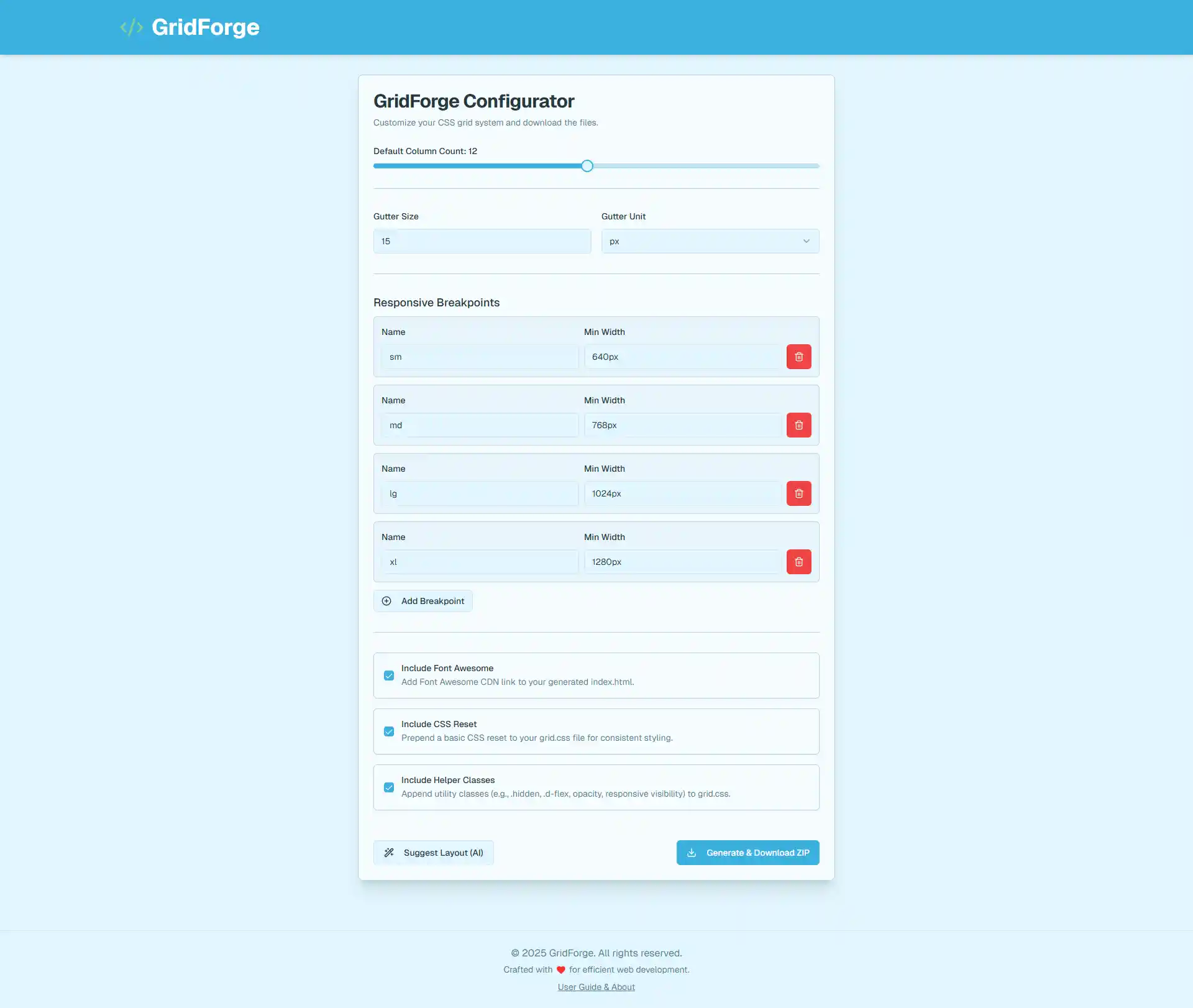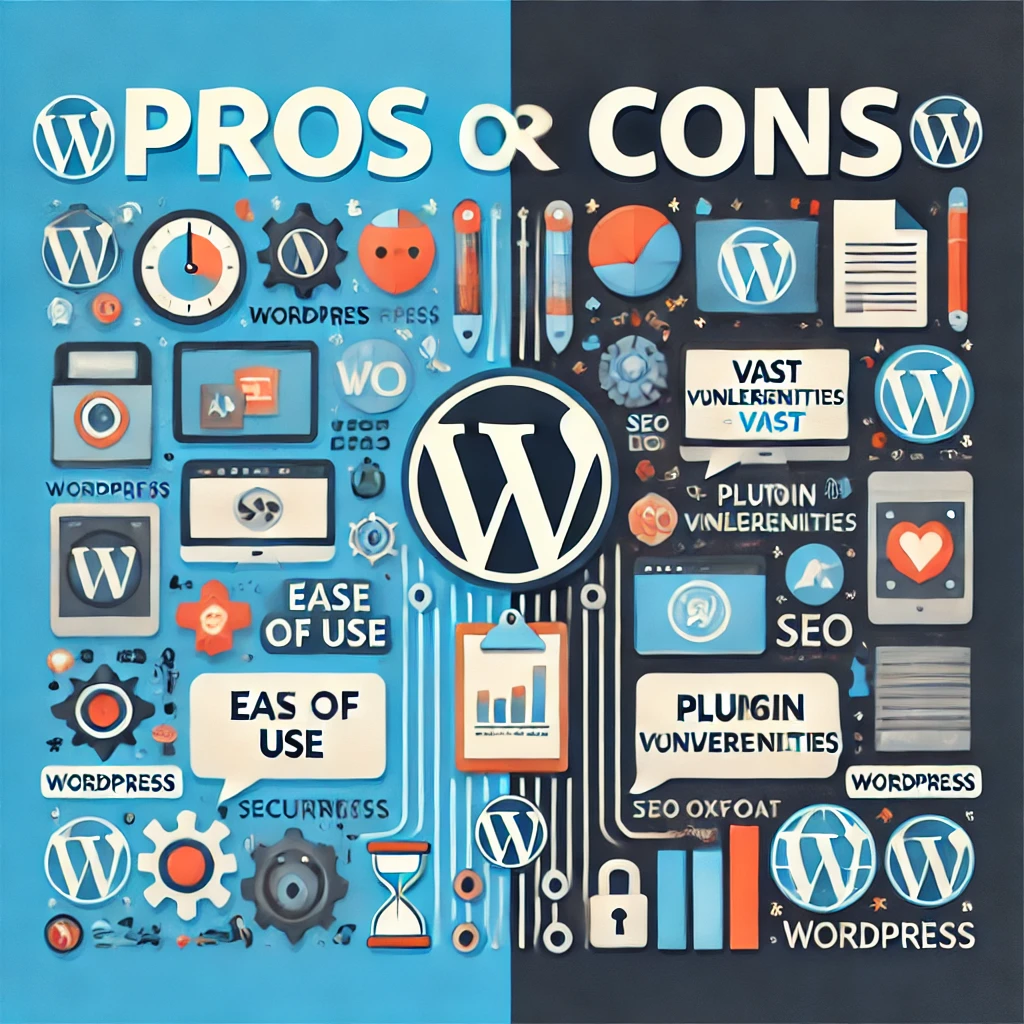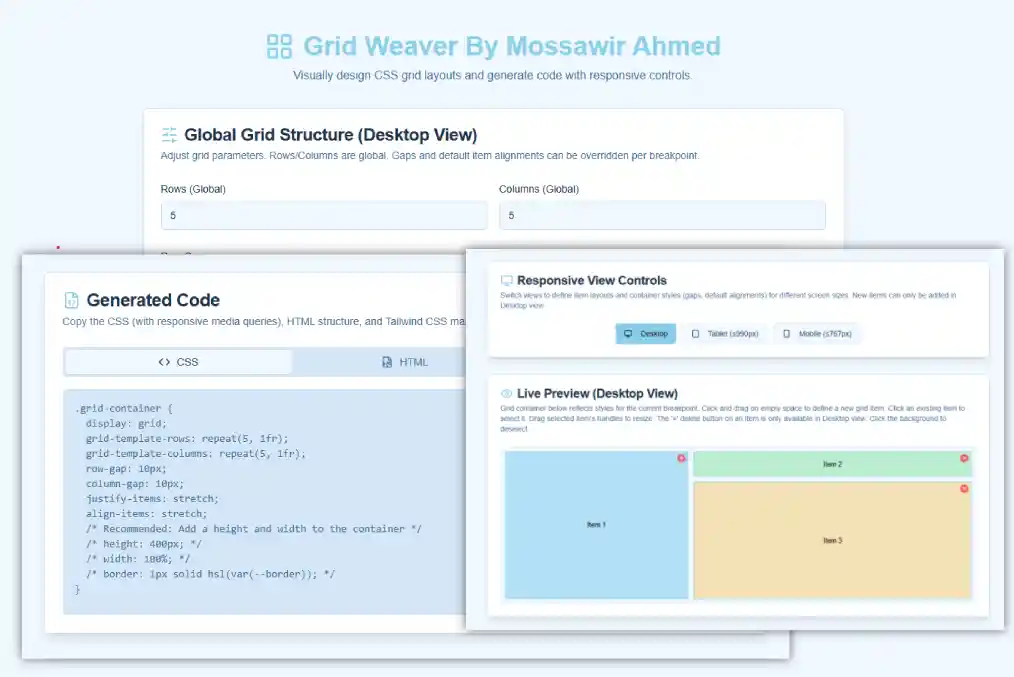
WordPress is renowned for its user-friendly interface. Even those without technical expertise can easily manage content, update pages, and publish posts using its intuitive dashboard.
WordPress offers thousands of free and premium themes, along with a vast library of plugins, which allow for easy customization and feature additions without needing to code from scratch.
WordPress is built with SEO in mind, making it easier to optimize content for search engines. Plugins like Yoast SEO and All in One SEO Pack further simplify this process, giving you complete control over metadata, sitemaps, and readability scores.
WordPress has a massive global community of developers, designers, and users. Whether you need troubleshooting, tutorials, or inspiration, you’ll find an abundance of resources available for free.
Although WordPress is commonly associated with small websites and blogs, it is highly scalable and can power large websites with millions of visitors, especially with the right hosting and optimization.
WordPress frequently releases updates to improve security and functionality. Security plugins like Wordfence or Sucuri help protect your site from attacks.
As the most popular CMS, WordPress is a frequent target for hackers. Sites with outdated themes or plugins are especially vulnerable.
Without proper optimization, WordPress websites can become sluggish, especially when overloaded with too many plugins or poorly coded themes. This can affect loading speeds and overall user experience.
While WordPress plugins offer great functionality, they can also become a crutch. Relying on too many plugins can lead to compatibility issues, security risks, and slower site performance.
Although WordPress is highly customizable, there are limitations when it comes to building highly complex or enterprise-level applications. Custom coding in WordPress can become challenging, especially for large-scale, specialized websites.
While regular updates improve security, they can also cause conflicts between themes, plugins, or custom code. Users may need to update themes, plugins, and WordPress itself frequently, which can be a hassle.
WordPress is an excellent choice for businesses, bloggers, and small to medium-sized enterprises that need a flexible, easy-to-use CMS with a wide range of customization options. Its scalability, SEO optimization, and community support make it a solid contender for most projects. However, for highly complex or specialized projects that require greater control over security, performance, and customization, platforms like Drupal or Joomla may be more suitable.
Ultimately, choosing WordPress or another CMS depends on your project’s specific requirements, technical skill level, and long-term goals.




At Mossawir.com, we are committed to protecting the privacy of our clients and website visitors. This Privacy Policy outlines how I collect, use, and protect your personal information when you visit our website or engage with our services.
I collect the following types of information to provide better services to our clients:
I use the collected information to:
I do not sell or rent your personal information to third parties. Your information will only be shared when necessary to fulfill your project requirements or comply with legal obligations.
My website uses cookies to enhance your browsing experience. Cookies help us understand how you use our website and allow me to offer personalized content or services. You can control or disable cookies through your browser settings, but please note that some features of our website may not function properly if cookies are disabled.
I implement a variety of security measures to safeguard your personal and project-related information. While I strive to use commercially acceptable means to protect your data, no method of transmission over the internet is 100% secure. Therefore, we cannot guarantee its absolute security but work diligently to prevent unauthorized access.
I may use third-party tools or services to improve our website or deliver our services. These third parties may collect information about your interaction with my website. However, I ensure that any third-party services we use adhere to strict privacy and security standards.
You have the right to:
To exercise these rights, please contact me using the information provided below.
I may update this Privacy Policy from time to time to reflect changes in our practices or legal obligations. The updated policy will be posted on this page, and the effective date will be revised accordingly.
If you have any questions or concerns regarding this Privacy Policy or how we handle your data, please contact us at:
By using my website and services, you agree to the terms of this Privacy Policy.
I take client confidentiality very seriously and am committed to maintaining the privacy and security of all information shared during our project. Below are the key principles I adhere to:
Confidential Information
Any information you provide, including business details, design specifications, proprietary data, or any other sensitive material, will be treated as strictly confidential.
Non-Disclosure
I will not disclose, share, or use any confidential information for any purpose outside the scope of your project. Information shared will be used solely for the purpose of delivering the services you've hired me for.
Data Security
All files, assets, and credentials will be stored securely, ensuring that no unauthorized third parties can access your information. Upon project completion, sensitive data will be properly stored or destroyed, as per our agreement.
Third-Party Involvement
If third-party collaboration is required, I will ensure that any partners or subcontractors adhere to the same confidentiality standards.
Ownership of Work
All project-related files, code, and design materials developed during the project remain your intellectual property, and no elements will be reused or shared without your consent.
Post-Project Confidentiality
Even after the project is completed, all confidential information shared will continue to be protected.